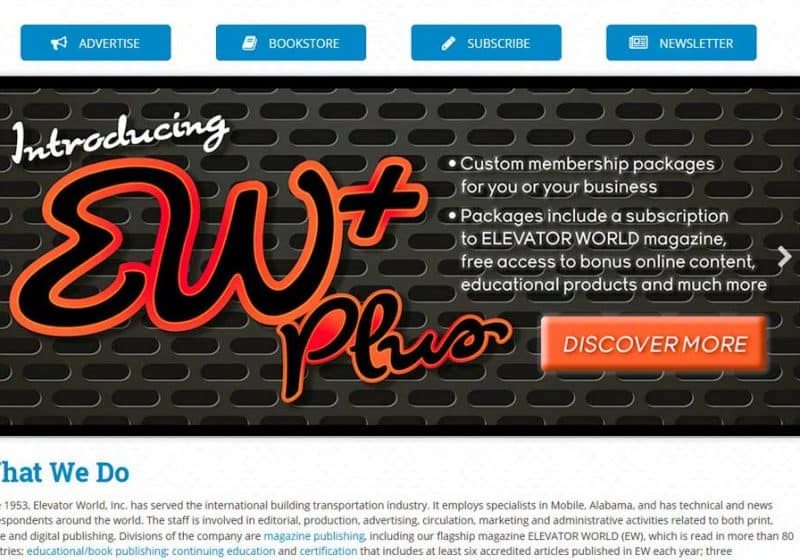Smart Machines Are Ushering In a New Generation of Production
Jul 1, 2017

Companies must embrace Industry 4.0 or risk falling behind the competition.
Information technologies are transforming all aspects of our lives. For many people, this may be most noticeable socially, but technology is reshaping production concepts in industry, as well. Today, the world is talking about the Industry 4.0 revolution, which is bringing together information-technology and industry at a level never before seen. We are now in a period in which process control data is digitized, and total equipment efficiency is monitored instantaneously. Because the technologies of data collection and sharing are included in almost every type of production process, administrative production activities — such as capacity planning and line balancing — cannot be considered independent of these data. In short, information technologies and production technologies completely intersect.
It is generally accepted that, as much as the developed and differentiated new production concepts contribute to production management and resource planning, the automation applications and robots that grow out of these concepts positively influence production performance and production quality. Robotic production processes prevent human-induced inefficiencies, improving both the quantity and quality of the product by eliminating human errors. These smart machines, operating according to a measured and known fixed capacity, also enable more precise planning, increasing productivity and quality throughout the process by minimizing downtimes and failures that can occur during production. A factory managed by Industry 4.0 tools can increase the quality of its product by increasing the quality and efficiency of the process.
Technology Investments Are a Necessity
Investments in machines and robots that provide automation in production are not a luxury, but a necessity for any company for which customer satisfaction is the main objective. Merih Asansör is a manufacturer that has focused its investments in Industry 4.0 technology, and these investments have paid off through increased competitive abilities. It operates as an integrated facility that utilizes many different manufacturing methods, such as cold sheet-metal forming, welding, machining, electrostatic powder paint, wet paint and plastic injection. Some of its equipment pool consists of workstations in which six-axis robotic arms perform processes/tasks that require precise workmanship. Other parts include machines that automatically load raw material for processing, perform the proceses without operator intervention, and automatically discharge the finished or semi-finished product.
Investments Should Be Well Planned
Continuing investments in technology help manufacturers maintain quality of production. Just as the continuity of new investments depends on the return of previous investments, assessment(s) of needs and risks are the cornerstones of investment planning. If a company invests in technology, it needs to plan properly. Investments should be made not only in hardware and software, but also in employees. Otherwise, there is a high probability that the company will not realize the full potential of the investment. This would ultimately result in extra costs for the investor.
The Competencies of the Labor Force Will Increase
The use of smart machines in production will reduce low-skilled workers’ employment but will increase the need for qualified manpower. While the change in industry leads companies to invest in technology, it also obligates people to be qualified.
While a company using machines equipped with Industry 4.0 tools at its plant can operate the machine, if it does not employ people who are capable of intervening when necessary, the company may fall into a foreign-dependent position. Reducing this risk to the minimum can be achieved if the company follows the right investment plan.
Is Data Management Reliable?
One of the biggest risks companies may face in their Industry 4.0 investments is the inadequacy of data security. Transferring data for smart machines on a network using a common database results in a need for data security. Companies should question the adequacy or effectiveness of their data security measures. When information security is breached, the company may lose vital data and faces the risk of losing its knowhow.
Production systems and business processes increasingly will be directly influenced by robotic systems and smart machines that are indispensable for the next generation of production, and, in the greater scheme of things, radical changes are coming to industrial manufacturing. Each company that transforms itself will become a part of the process and may even have a role in directing the process. As this occurs, the individual transformations that interact with and trigger each other will enable a global transformation.
Get more of Elevator World. Sign up for our free e-newsletter.









